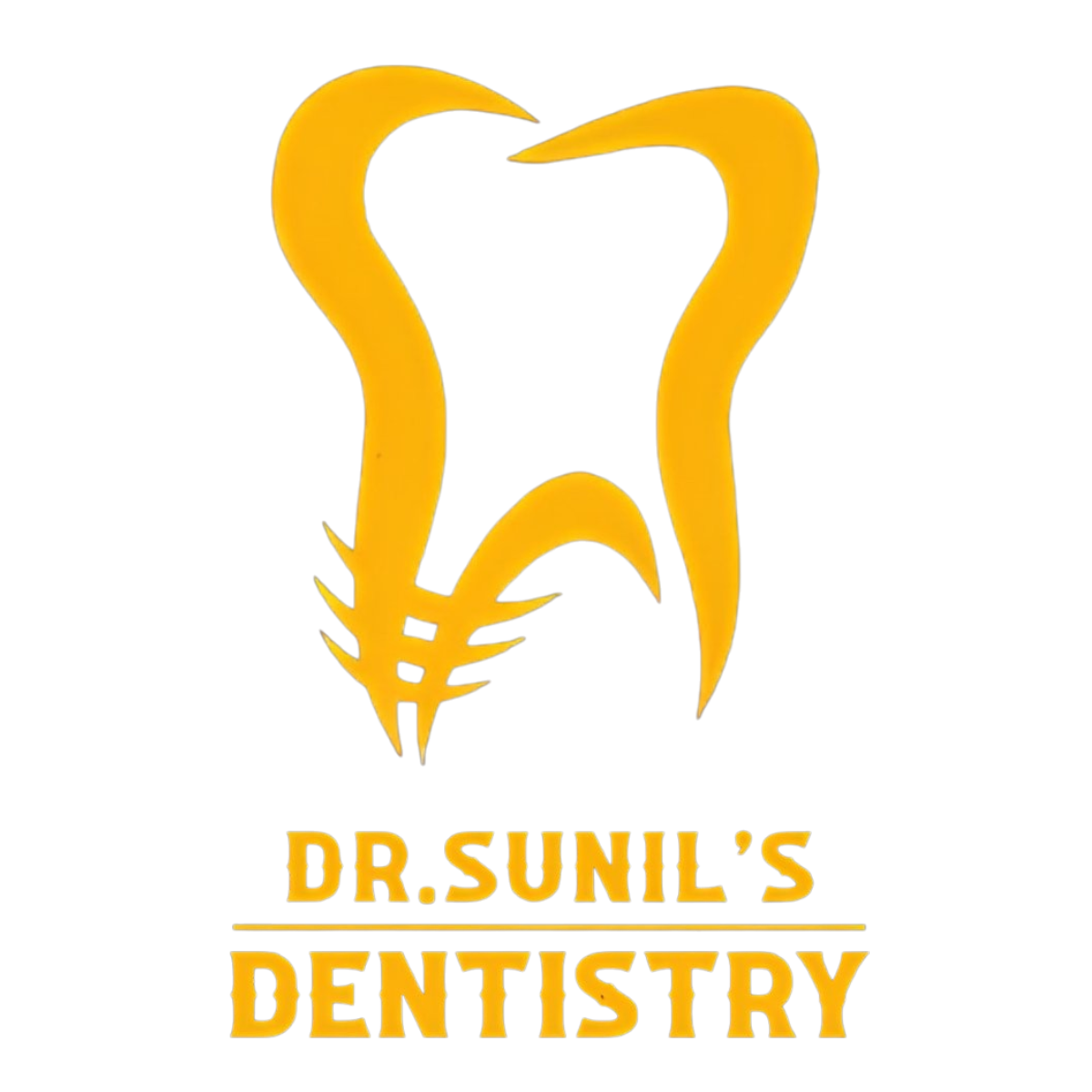
Why Does My Jaw Pain During Teeth Growth? Understanding Impacted Tooth Pain
Experiencing Jaw pain during your teeth growth is most common at that age, especially in your adulthood. In most of the cases, this jaw pain is connected with tooth pain and is often caused by impacted wisdom teeth. Usually last set of molar teeth grows at the age between 17 to 30. But when it grows, there won’t be enough space in your jaw, so they may erupt incorrectly, creating pressure, swelling, and pain. Why does this happen?, What does it mean for your oral health, and why timely treatment, including tooth removal, can bring lasting relief?
How Tooth Pain and Jaw Pain Are Connected
Many people feel jaw pain during teeth growth which is rarely isolated. It is often the result of tooth pain reflecting into the jawbone and the surrounding muscles. While growing, the wisdom teeth or the other set of molars push against the existing teeth. So they create tensions in the jawline. This pressure can lead to headaches, aching gums, and even difficulty in opening your mouth.
Imagine if you are chewing your favorite food and suddenly find yourself having trouble chewing the food due to jaw stiffness is the best way to illustrate how your life is disrupted when impacted teeth lead to misalignment.
Why Wisdom Teeth Cause So Much Trouble
Wisdom teeth, or third molars, are still an evolutionary touch with our ancestors. They had larger jaws that could easily fit all 32 teeth. But due to the evolution of modern diets and jaw structures, most people don’t have the space for wisdom teeth. The result?
Impacted Growth: When wisdom teeth have less space to grow, they remain trapped under the gums.
Misalignment: Teeth may grow sideways, pushing against the neighboring molars.
Gum Inflammation: The partial tooth growth creates a pocket that collects food and bacteria.
This combination explains why many people eventually need wisdom tooth removal.
Signs That Impacted Tooth Pain Is Behind Your Jaw Pain
Impacted teeth give something more than just soreness. Here are some of the daily-life symptoms that are related to wisdom teeth growth:
Swollen or bleeding gums at the back of your mouth.
Stiffness in your Jaw when opening mouth wide.
Toothache radiating toward the ear or temple.
Trouble chewing solid foods due to teeth shifting.
Bad breath caused by trapped food stored near the impacted area.
These symptoms don’t just disrupt your comfort, also they can affect confidence, diet, and even sleep.
Why Ignoring Tooth Pain Can Worsen Jaw Pain
Delaying treatment can silently lead to bigger problems. Impacted wisdom teeth don’t get cured or fixed on their own. Instead, they may cause:
Infections around the gum line.
Overcrowding, pushing other teeth out of alignment.
Tooth decay, that won’t just occur in the wisdom tooth but also in the molar beside it.
Sinus pressure, especially when upper wisdom teeth grow too close to sinus cavities.
That’s why tooth extraction is usually the best option. For people searching for Wisdom Tooth Removal in Coimbatore, consulting a reputable dental expert guarantees both convenience and future oral well-being.
Common Concerns About Wisdom Tooth Removal
Benefits of Removing Wisdom Teeth
The greatest benefit of wisdom tooth extraction is relief from both tooth pain and associated jaw pain. Impacted wisdom teeth usually cause pressure against the opposing molars, resulting in gum infection, crowding, and even cavities on adjacent teeth. By having them removed, you not only alleviate pain but also avoid permanent harm to your oral health. Patients experience easier chewing, improved jaw alignment, and less chance of gum infection. Actually, early extraction can prevent orthodontic problems later in your life, sparing you both pain and expense.
What If They’re Not Removed?
Forgetting about wisdom teeth during a toothache can lead to a chain reaction of dental problems. A tooth that is impacted can develop cysts that weaken your jawbone, or infections that can travel to adjacent gums. With time, overcrowding can force the adjacent teeth out of line, lead to misalignment in the growth of natural teeth, or even necessitate orthodontic intervention. Wisdom teeth also render oral hygiene more difficult when left untreated, as food particles and bacteria trap themselves, resulting in decay and chronic bad breath, which tend to develop a small dental problem into a significant oral health problem.
Is the process painful?
Local sedation or anesthesia makes you feel nothing at the time of extraction. Mild soreness and swelling, if any, after treatment can be easily alleviated with prescribed painkillers, cold compresses, and soft foods. Many people are, in fact, amazed at the smooth and rapid recovery and return to daily activities when guided by an experienced dentist.
Why the Name “Wisdom Tooth”?
The origin of Wisdom teeth is that, typically third molars develop between 17 to 25 years of age, when people are assumed to be mature or “wiser.” As opposed to other teeth that break through in childhood, wisdom teeth represent the passage to adulthood. But this late development tends to complicate things since by this time the jaw has already ceased to expand, providing hardly any room for these teeth to come in naturally. That’s why wisdom teeth tend to be more painful than beneficial.
Managing Tooth Pain at Home Before Removal
Though dentists give the final solution to your wisdom tooth pain, following are some of the remedies that you can observe at your home prior to treatment:
- Cold compress on the cheek to reduce swelling.
- Saltwater rinse to clear bacteria and soothe gums.
- Over-the-counter medication like ibuprofen to control inflammation.
- Soft foods that reduce pressure while chewing.
These remedies help in the short term, but professional care should not be replaced.
When to See a Dentist
If you have tooth pain or jaw pain that persists beyond a week, it’s time to visit a dentist. Early treatment keeps you away from serious complications and makes removal of tooth less complicated. Most dental clinics that specialize in Wisdom Tooth Removal in Coimbatore like Dr. Sunil’s Dentistry, provide sophisticated imaging to analyze your condition and suggest the optimal course of action.
Final Thoughts
Jaw pain linked to impacted wisdom teeth is more than an inconvenience—it’s a sign your mouth needs attention. Ignoring tooth pain can affect your ability to eat, speak, and live comfortably. Whether through regular check-ups or considering wisdom tooth removal, acting early keeps your smile healthy and pain-free.
FAQs
1. What is the advantage of removing a wisdom tooth?
Having a wisdom tooth removed alleviates persistent teeth pain, shields adjacent teeth from rot, decreases crowding, and minimizes the risk of gum infection. It also enhances functioning within the jaw, which ensures that chewing and speaking become easier.
2. What happens if I don’t remove the wisdom teeth?
If not treated, impacted wisdom teeth can lead to infections, cysts, gum disease, and push other teeth out of position. All this could, over time, result in extreme jaw pain and further dental procedures.
3. Is wisdom tooth removal painful?
The operation itself is not painful because of anesthesia. There will be some swelling and soreness afterward, but these can be taken care of with medications and care at home. The majority of patients can be back to normal in a few days.
4. Why is it called a wisdom tooth?
They come in during the late teens or twentys, indicating maturity. As they come in after childhood, they’ve been associated with gaining “wisdom” historically.
5. Can daily habits worsen wisdom tooth pain?
Yes. Chewing hard foods, jaw clenching, or poor oral hygiene can exacerbate swelling and enhance toothache due to impacted wisdom teeth.




Leave a Reply